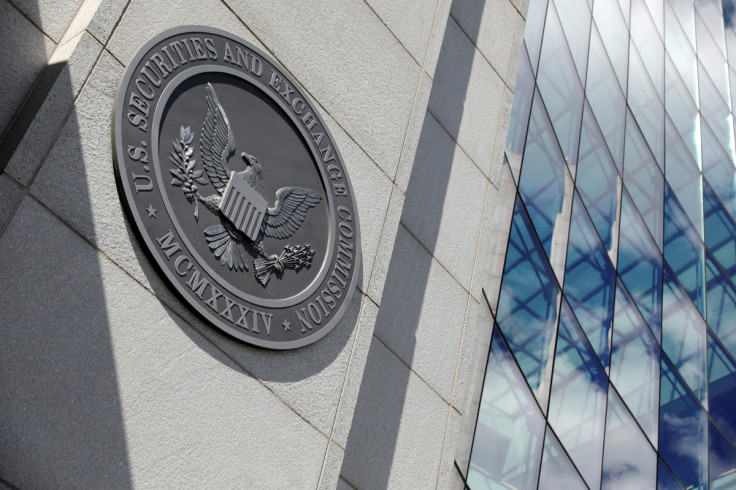FDIC Blasts SEC's Controversial SAB 121 Bulletin Targeting Crypto Custodians

KEY POINTS
- Travis said the bulletin would make it "prohibitively challenging" for providers to engage in crypto custody operations
- He also slammed the SEC for an "extremely broad" description of a cryptocurrency asset
- US lawmakers last moved to repeal the bulletin, saying it had massive implications on the sector
The Federal Deposit Insurance Corporation (FDIC), which supplies deposit insurance to depositors in U.S. commercial and savings banks, on Monday slammed the U.S. Securities and Exchange Commission's (SEC) highly-debated Staff Accounting Bulletin 121 (SAB 121), saying it was not aligned with the usual practices in custodian accounting.
SAB 121 requires firms that safeguards crypto-assets should recognize such an asset on its balance sheet as both an asset and a liability, leading to uproar from companies and some industry analysts alike.
Travis Hill, the FDIC's vice chair, said Monday at a Mercatus Center-hosted event discussing tokenization that SAB 121 was a bulletin that "sharply departs from how custodians account for all other assets held in custody, which are generally held off-balance sheet and treated as the property of the customer, not the custodian," as per a release from the FDIC.
He argued that "on-balance sheet recognition" makes it "prohibitively challenging" to engage in custodial activities "at any scale." He also pointed out that in the first place, the regulator's definition of a crypto asset was "extremely broad and could be read to capture not just blockchain-native assets but also tokenized versions of real-world assets."
He said the bulletin is a "clear example" of why government agencies should first seek public comment before coming out with major policy issuances. He said that at a minimum, he believes "it would be helpful to clarify that SAB 121 does not apply to the wider universe of tokenized assets beyond blockchain-native assets."
Hill is just one of several prominent financial figures who have raised issue with the accounting bulletin. U.S. lawmakers moved to repeal the controversial bulletin early last month, saying it "goes beyond the scope of an accounting bulletin and is effectively a rule."
Crypto defender Hester Pierce, who, herself is an SEC commissioner, said shortly after the bulletin's release in March 2022 that the policy was discouraging to the sector. "If we are trying to encourage companies to enter our public markets, we ought to embrace a more deliberate approach to changing rules – one that involves consulting with affected parties," she pointed out.
In December, SEC chair Gary Gensler defended SAB 121, saying "it's just a staff bulletin." It merely "addresses whether liabilities should be on balance sheet," and so far, the regulator's staff, "as they have done over 50 years, did really good work," he said, seemingly brushing off concerns about the bulletin's implications on custodial services providers.
© Copyright IBTimes 2025. All rights reserved.






















